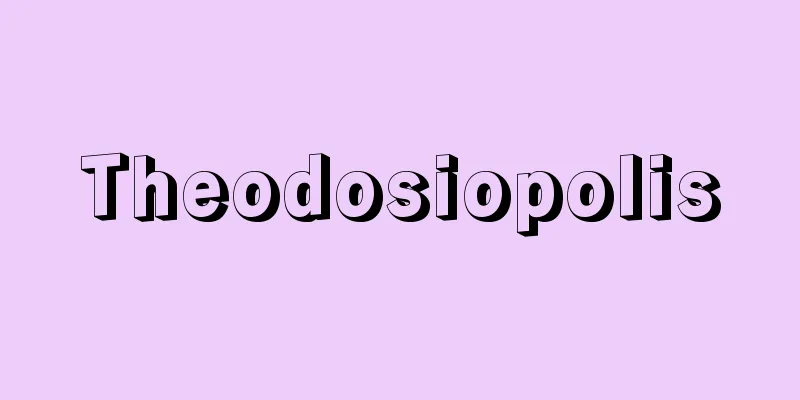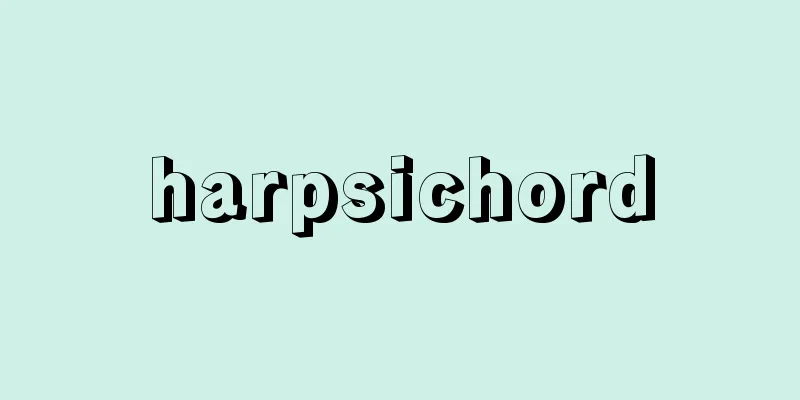Man

|
〘noun〙 A human being who is endowed with the organs that produce sperm. ① A young male with plenty of vitality. ⇔maiden. (i) A young male. A man who has reached adulthood. ※Kojiki (712), Vol. 1: "He became a handsome young man and went out to travel ( the reading for young man is Yuan Toko) . " ※Nihon Shoki (720), Vol . 1: "How I met a beautiful young man ( young man is called a crow) ." ( b ) A boy who has come of age and become a man. →To become a man/to become a man. ② A man, regardless of age. A boy. ⇔woman. ※Man'yoshu (late 8th century) 20.4317 "Now is the time to go to the autumn fields, O my servant, To gaze upon the blossoms of all the old ladies." ※Dosa (around 935) origin "A diary is something that men also write, and I write it because I want women to try it out." ③ A man in a husband -wife relationship or in a relationship between a man and a woman. (a) A husband. A husband. A spouse for a wife. ※Kokin (905-914), Zatsuka, 973, left note "There was once a man, but she never visited him." (b) A lover. A lover. ※Continued Spring, Summer, Autumn, and Winter (1906-07), <Selected by Kawato Hekigoto>, Winter "All the courtesans have their husbands as lovers, and the night plover (Rokka ) ." ④ A man who has not become a monk. A lay man. ※Shojinboshu (c. 1073) "Both priests and men came as guests." ⑤ A male servant. A manservant. ※Genji (c. 1001-14) Wakamurasaki "The boy was by the blinds." ※Ukiyo-zoshi, Keisei -ka-shamisen (1732) 2 "I had no choice but to become a man, and became a cook at this Togoya." ⑥ A quality as a man. Also, a man who has that quality. (a) A manly boy. A manly boy. A fine boy. ※Soga Monogatari (around the Northern and Southern Courts) 5 "Whether he takes up a bow and arrow or not, there is a man who would cut off his head." (b) A man's dignity. Honor. A man's pride. ※Joruri, Sonezaki Shinju (1703): "He's a man who polishes his masculinity, and knows my troubles too." ( Ha ) Manliness. Handsome. A man's appearance. ※Ukiyo-zoshi, Koshoku Ichidai Otoko (1682): 4: "He's smart, he's a better man, and he's the kind of man a woman should be." ⑦ Something male. Osu. Often used in compound forms such as "otoko-inu" (male dog) and "otoko-bashira" (male pillar). ⑧ Of a pair of things, the one that has the qualities of being big or rough. "otoko-zaka" (male hill), "otoko-yama" (male mountain), etc. [Etymology] (1) Like "hiko" (male stalk) and "hime" (princess), "ko" and "me" are morphemes that show the opposition between men and women, and this word was established as a counter term to "otome." "Oto" is thought to have the same origin as "ochi" (return) and "otsu" (return), and means young or immature. (2) Originally, it referred to a young man (in other words, of marriageable age), but since ancient times it has been contrasted with "omina (omuna/onna)" and has come to refer to men (in general) regardless of age or generation. Dan [male]Nan [male]Man - Shiotoko [male]Source: The Selected Edition of the Japanese Language Dictionary About the Selected Edition of the Japanese Language Dictionary Information |
|
〘名〙 人間のうち、精子をつくる器官をそなえている方。① 若々しく生命力の盛んな男子。⇔少女(おとめ)。(イ) 青年の男。成年に達した男性。※古事記(712)上「麗(うるは)しき壮夫(ヲトコ)に成りて出で遊行(あそ)びき〈壮夫を訓みて袁等古(ヲトコ)と云ふ〉」※書紀(720)神代上「憙哉(あなうれしゑや)可美(うまし)少男(ヲトコ)に遇ひぬること〈少男、此をば烏等孤(ヲトコ)と云ふ〉」(ロ) 元服して一人前となった男子。→男になす・男になる。② 老幼に関係なく、男性。男子。⇔女(おんな)。※万葉(8C後)二〇・四三一七「秋野には今こそ行かめもののふの乎等古(ヲトコ)女(をみな)の花にほひ見に」※土左(935頃)発端「をとこもすなる日記といふものを、女(をむな)もしてみんとてするなり」③ 夫婦関係、男女関係での男性。(イ) 夫。良人。妻に対する配偶者。※古今(905‐914)雑下・九七三・左注「昔おとこありけるをうなの、おとこ訪はずなりにければ」(ロ) 情人。情夫。※続春夏秋冬(1906‐07)〈河東碧梧桐選〉冬「妓は皆舸夫を情夫(ヲトコ)や小夜千鳥〈六花〉」④ 出家していない男性。在俗の男性。※成尋母集(1073頃)「法師なるも、おとこなるも、おとづれつとして」⑤ 召使いの男性。下男。奉公人。※源氏(1001‐14頃)若紫「おとこどもぞ御簾(みす)のとにありける」※浮世草子・傾城歌三味線(1732)二「是非なく男になりまして、此東後屋(とうごや)へ料理人にありつき」⑥ 男性としての特質。また、その特質を持った男性。(イ) 男らしい男子。雄々しい男子。りっぱな男子。※曾我物語(南北朝頃)五「弓矢を取るも、取らざるも、おとこと首をきざまるる程の者が」(ロ) 男子としての面目。名誉。男子の意地。※浄瑠璃・曾根崎心中(1703)「あいつもおとこ磨くやつ、をれが難儀(なんぎ)も知ってゐる」(ハ) 男ぶり。男前。男子の容貌。※浮世草子・好色一代男(1682)四「あたまつき、人に替り、男(オトコ)も勝れて、女のすくべき風(ふう)也」⑦ 雄性のもの。おす。「男犬」「男柱」等の熟語形で用いることが多い。⑧ 対になったもののうち、大きい、けわしいなどの性質をそなえている方。「男坂」「男山」など。[語誌](1)「ひこ(彦)」「ひめ(姫)」などと同様、「こ」「め」を男女の対立を示す形態素として、「をとめ」に対する語として成立した。「をと」は、「をち(復)」「をつ(復)」と同語源とみられ、若、未熟を意味する。 (2)本来、若い青年男子(とりもなおさず結婚適齢期にあることを意味する)を指したが、上代からすでに「をみな(をむな・をんな)」と対の関係が成立して、年代・世代を問わず男性(一般)を指す語となった。 だん【男】なん【男】おとこ‐し をとこ‥【男】出典 精選版 日本国語大辞典精選版 日本国語大辞典について 情報 |
>>: 《Odokeyabo no Tamatori》 - Odokeyabo no Tamatori
Recommend
Gore, Charles
Born: 22 January 1853, Wimbledon Died January 17, ...
Catholic Reformation
A movement for self-reform and reform unique to th...
Cyclopropane - cyclopropane (English spelling)
A cycloalkane. Also called trimethylene. A colorl...
Alban Kingdom
…It is located in the northeastern suburbs of Per...
Kyukyoudo - Kyukyoudo
…Works on ink include Kobaien Bokudan, Kobaien Bo...
Hiromi Arisawa
Statistician and economist. Born in Kochi City on...
Glenobotrydion
…The appearance of eukaryotic algae appears to ha...
Mucoprotein (mucoprotein)
Another name for glycoprotein. In the past, protei...
Scrophulariaceae
...The Japanese laurel grows under mountain fores...
Uvsa Nor [Lake] - Uvsa Nor
…An inland lake in the northwest of the Mongolian...
Mount Hongu
(1) A mountain in the eastern Mikawa region of Ai...
Sweat mushroom - Inocybe rimosa
Basidiomycetes, order Matsutake, family Balloonace...
Social
…war (91-87 BC, but the main battles were between...
Ludolf Wienbarg
1802‐72 German journalist. Pen name Ludolf Vineta....
Escriba - Escriba
…It means “God’s work” in Latin. It was founded i...




![Ka Mau [Cape] - Kamau](/upload/images/67d01bc19d82e.webp)




